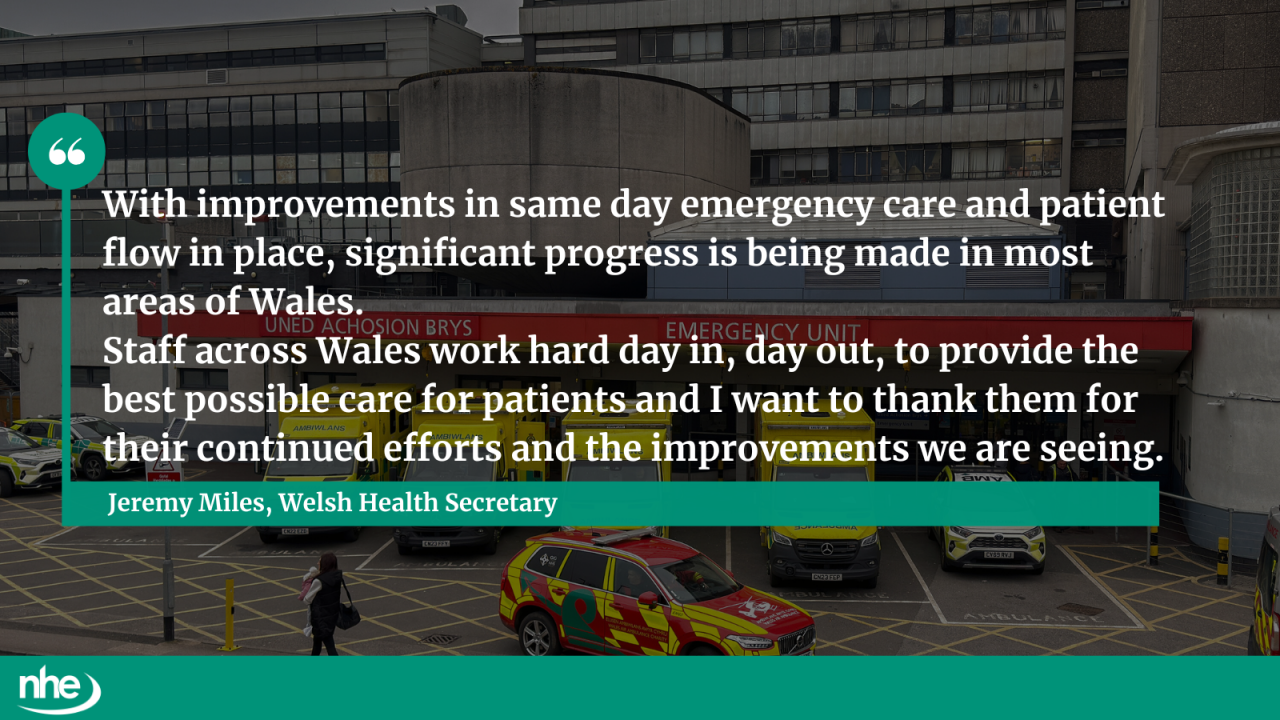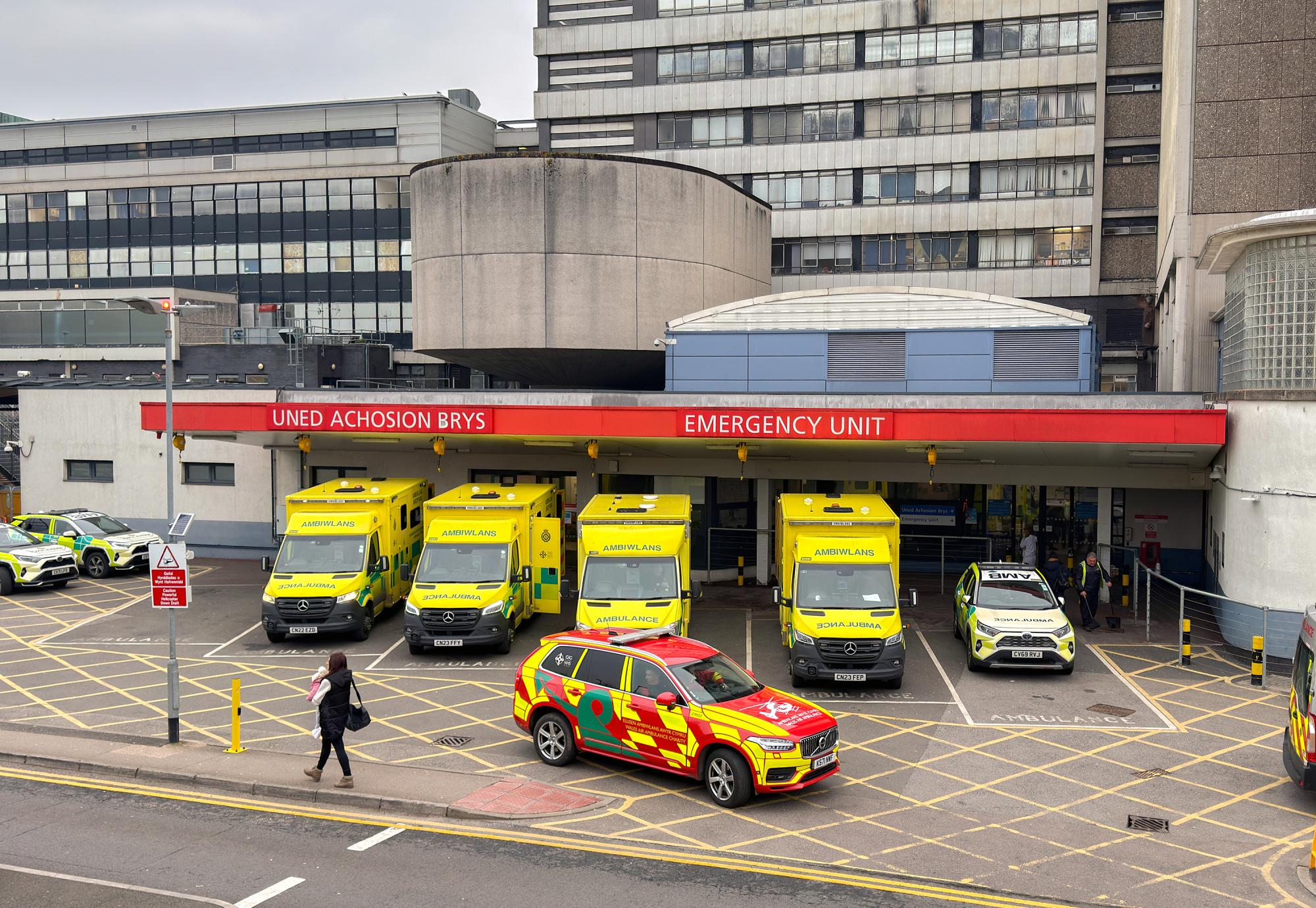Significant improvements in ambulance handover times have been recorded at hospitals across Wales, with Royal Glamorgan Hospital seeing an 87% reduction in June compared to May, and Morriston Hospital in Swansea reporting a 70% drop.
At Royal Glamorgan, nearly three-quarters of patients were transferred within 15 minutes, helping free up ambulance crews to respond to urgent 999 calls. These improvements follow the establishment of a national taskforce aimed at reducing ambulance handover delays across Wales.
Despite progress, variation remains across the country, and pressure on emergency services continues. June saw the third highest daily attendances at emergency departments on record, although the average time from arrival to triage fell to 16 minutes—the shortest since February 2021.
To improve response times and prioritisation, the Welsh Ambulance Service introduced new call categories on 1 July:
- Purple: Out-of-hospital cardiac arrest
- Red: Life-threatening emergencies (e.g. serious trauma, high-risk cardiac/respiratory arrest)
- Orange (coming before winter): Time-sensitive conditions like stroke and acute coronary syndrome
- Yellow & Green: Non-urgent cases requiring clinical assessment, community alternatives, or scheduled transport
These changes aim to ensure patients receive the right care at the right time, while reducing pressure on emergency departments.
While treatment waiting times increased in May, cancer care performance improved:
- 1,900 patients started cancer treatment
- 14,200 received confirmation they do not have cancer
- Performance against the 62-day target rose to 61.3%
Welsh Health Secretary Jeremy Miles commented:
“Today’s figures show that our focus on improving ambulance patient handover performance is working, with handover times in June the lowest since September 2021.
“With improvements in same day emergency care and patient flow in place, significant progress is being made in most areas of Wales.
“Staff across Wales work hard day in, day out, to provide the best possible care for patients and I want to thank them for their continued efforts and the improvements we are seeing.

“We've recently set up a national, clinically-led taskforce to support these efforts and have been clear with health boards about our expectations.
“With changes to how the ambulance service manages 999 calls, it’s important we continue to work to see further progress to ambulance patient handover performance.”
Image credit: iStock



















